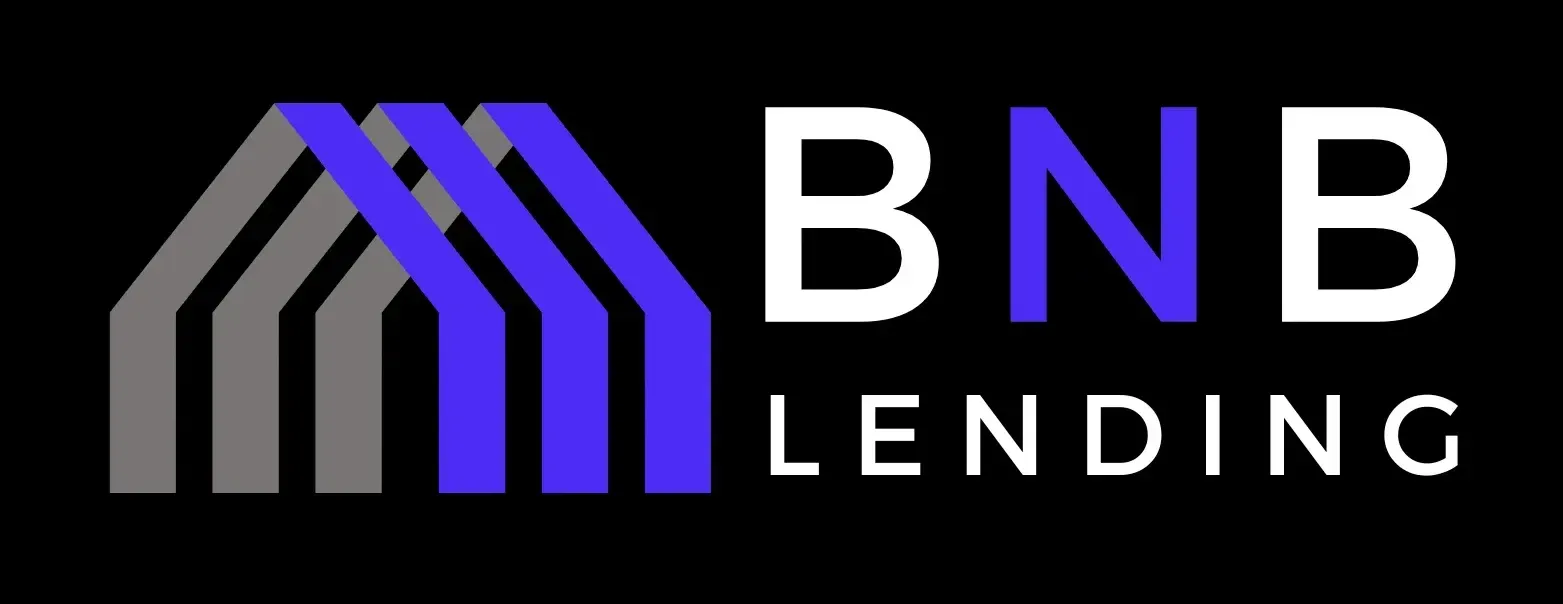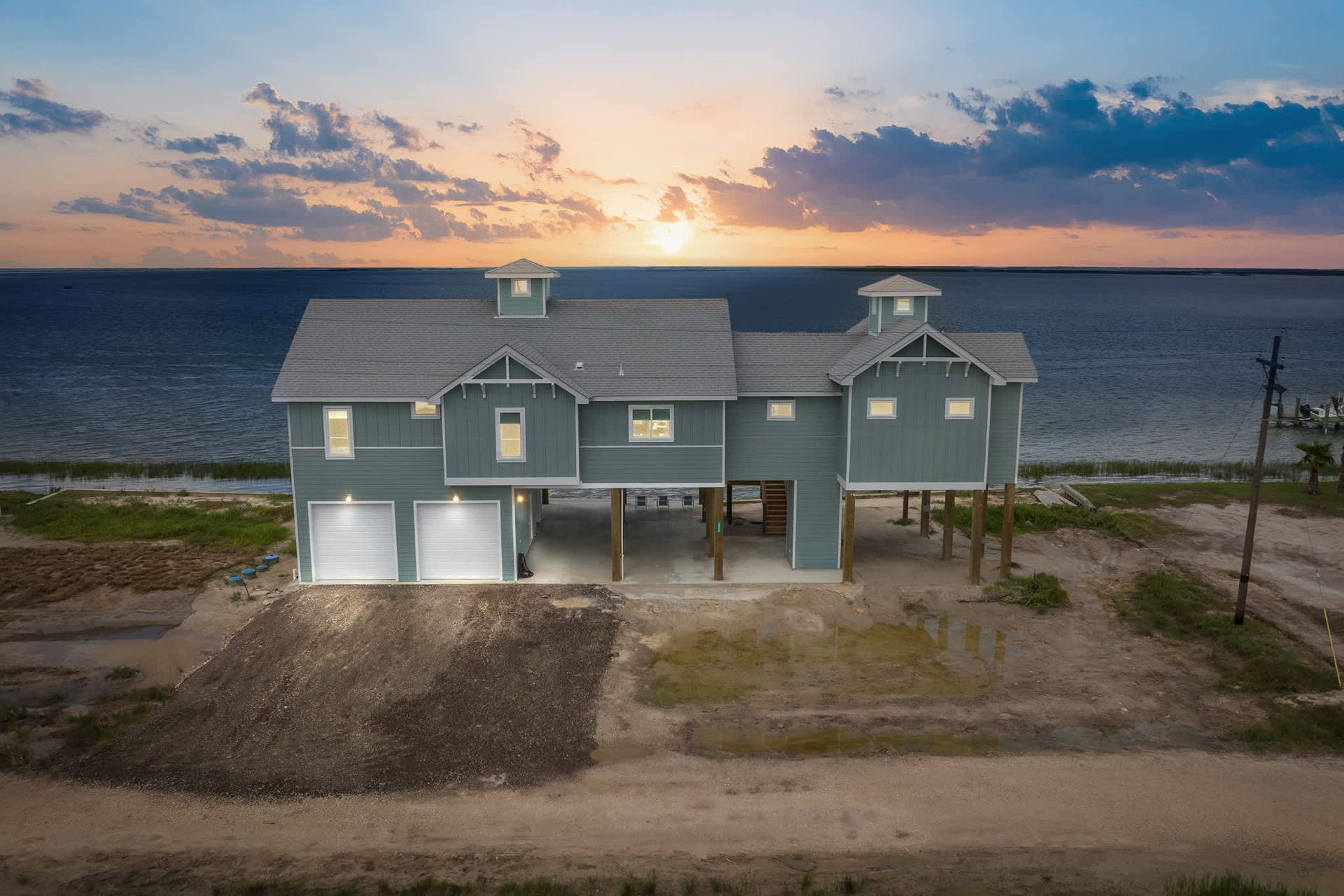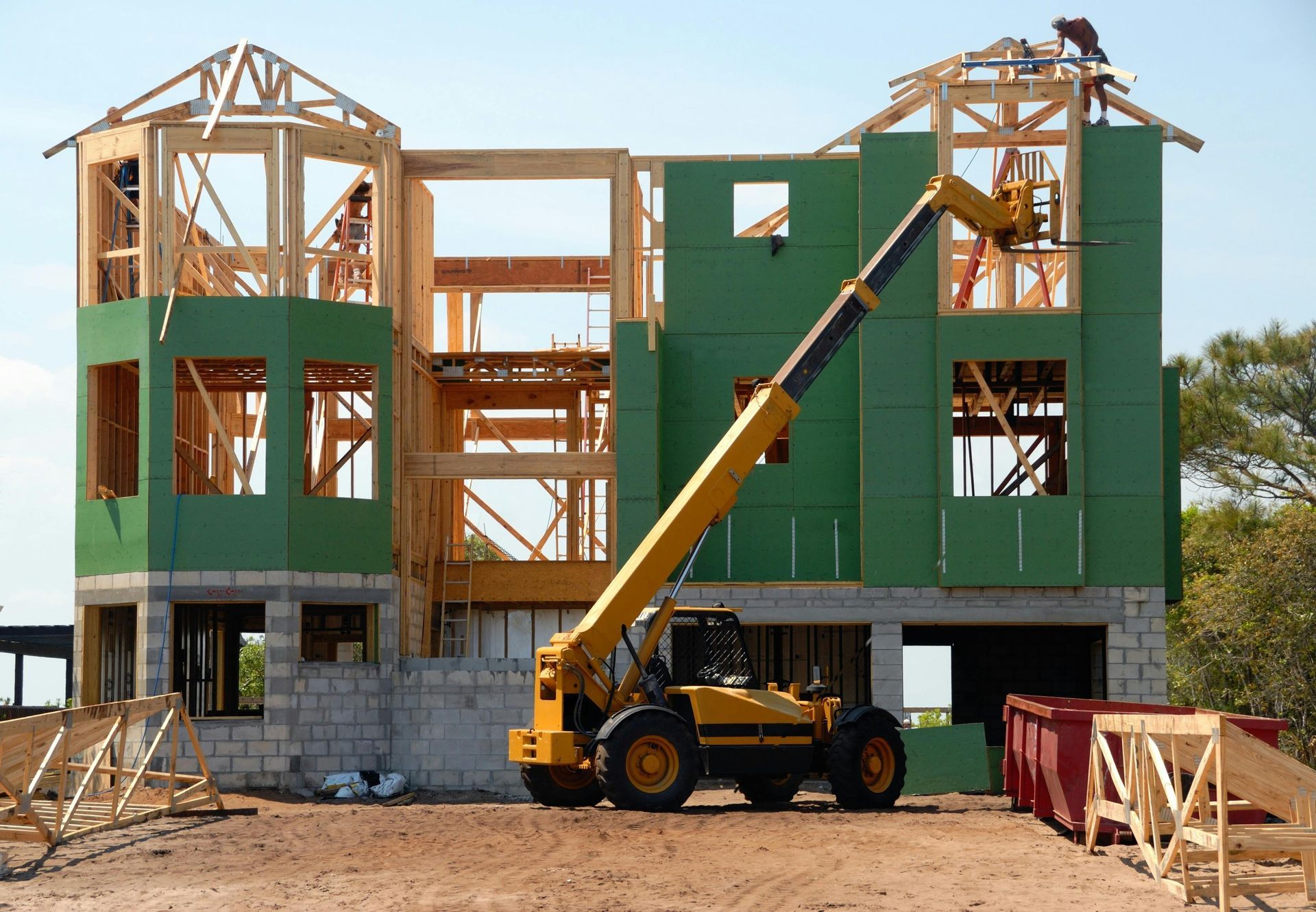DSCR Loan Requirements: A Complete Guide for Real Estate Investors
Real estate investors looking for alternative ways to secure financing often turn to DSCR loans. These flexible mortgage options focus less on traditional income documentation and more on the cash flow of the property itself.
If you want to scale your investment portfolio or finance an Airbnb, understanding the basics of a DSCR loan can make all the difference.

What Is a DSCR Loan?
A DSCR loan is a non-QM (non-qualified mortgage) product designed for investors whose rental income can support the property’s debt payments. The key metric is the DSCR, the Debt Service Coverage Ratio—which compares a property's annual income to its annual mortgage obligations.
A DSCR ratio of 1.0 means the income matches the mortgage cost. Most lenders look for a slightly higher number, a good DSCR is typically 1.1 or above to show a safety margin.
How to Qualify for a DSCR Loan
- Estimate your rental income and calculate your DSCR.
- Check your credit and confirm available reserves.
- Find a knowledgeable loan officer who works with DSCR lenders.
- Collect property financials, lease data, and appraisal info.
Apply and lock your loan terms.
Key Criteria Lenders Consider
To qualify, most lenders use a combination of these factors:
1. DSCR Ratio
A DSCR of 1.1–1.4 is common among approved deals. This reflects a stable cash flow and low default risk. For loan dscr below 1.0, expect higher rates or lower LTV ratios.
2. Credit Score
Minimum FICO scores generally start around 680. However, stronger DSCRs and larger down payments can offset weaker credit.
3. Down Payment and LTV Ratio
Most DSCR mortgage loans require 20–30% down. Lower ltv ratios give you better pricing and stronger approval odds.
4. Property Type
Most DSCR loans are available for:
- Single-family properties
- Duplexes and small multifamily buildings
- Condos and warrantable townhomes
- Short-term and vacation rentals
The property must generate enough rental income to meet the lender’s minimum coverage threshold.

What Documents Do DSCR Lenders Require?
Unlike FHA loans or bank statement loans, DSCR applications require:
- Lease agreements or market rent analysis
- Operating expense breakdowns
- Property appraisal
- Asset and mortgage reserve statements
DSCR lenders are mainly focused on whether the income DSCR supports the mortgage debt, not your job title or income history. See our in-depth review of DSCR loan requirements to learn more about lender criteria.
Pros and Cons of DSCR Financing
Pros:
- Flexible qualification based on property performance
- Suitable for LLCs and business structures
- No income or employment verification
- Fast approval compared to full-doc home loans
Cons:
- Higher interest rates than traditional loans
- Larger down payments required
- May need reserves even with high DSCR
Steps to Get Approved for a DSCR Loan
- Estimate rental income and calculate your DSCR.
- Confirm your credit score and funds for down payment.
- Prepare documents related to property income and expenses.
- Research lenders experienced with loans DSCR.
- Apply with a knowledgeable loan officer familiar with investor products.
Our main post on DSCR loan requirements explains the importance of ratios, credit, and reserves.
Is a DSCR Loan Right for You?
If your focus is on building a passive income stream through real estate, and your property can sustain its own mortgage, this type of financing is worth exploring. DSCR loans are powerful tools for growing your portfolio while maintaining flexibility in how you prove income.
Before applying, compare options from multiple lenders, understand the full criteria, and make sure your investment plan is aligned with the cash flow projections of your property.
Final Takeaways: Is a DSCR Loan Right for Your Real Estate Investment?
If you're a real estate investor aiming to grow your portfolio without the limitations of traditional income documentation, a DSCR loan could be the ideal financing solution. These loans prioritize property income and cash flow, allowing you to qualify based on your rental performance—not your paycheck.
Whether you're funding short-term rentals or expanding into multifamily investments, understanding your DSCR, choosing the right lenders, and preparing properly will set you up for success.
Take the Next Step with BNB Lending
At BNB Lending, we help real estate investors unlock smarter financing strategies. Whether you're just starting out or adding your fifth rental, our experts are here to help you navigate the DSCR process and find the right loan for your goals.
Contact us now to explore your options and get approved fast!






